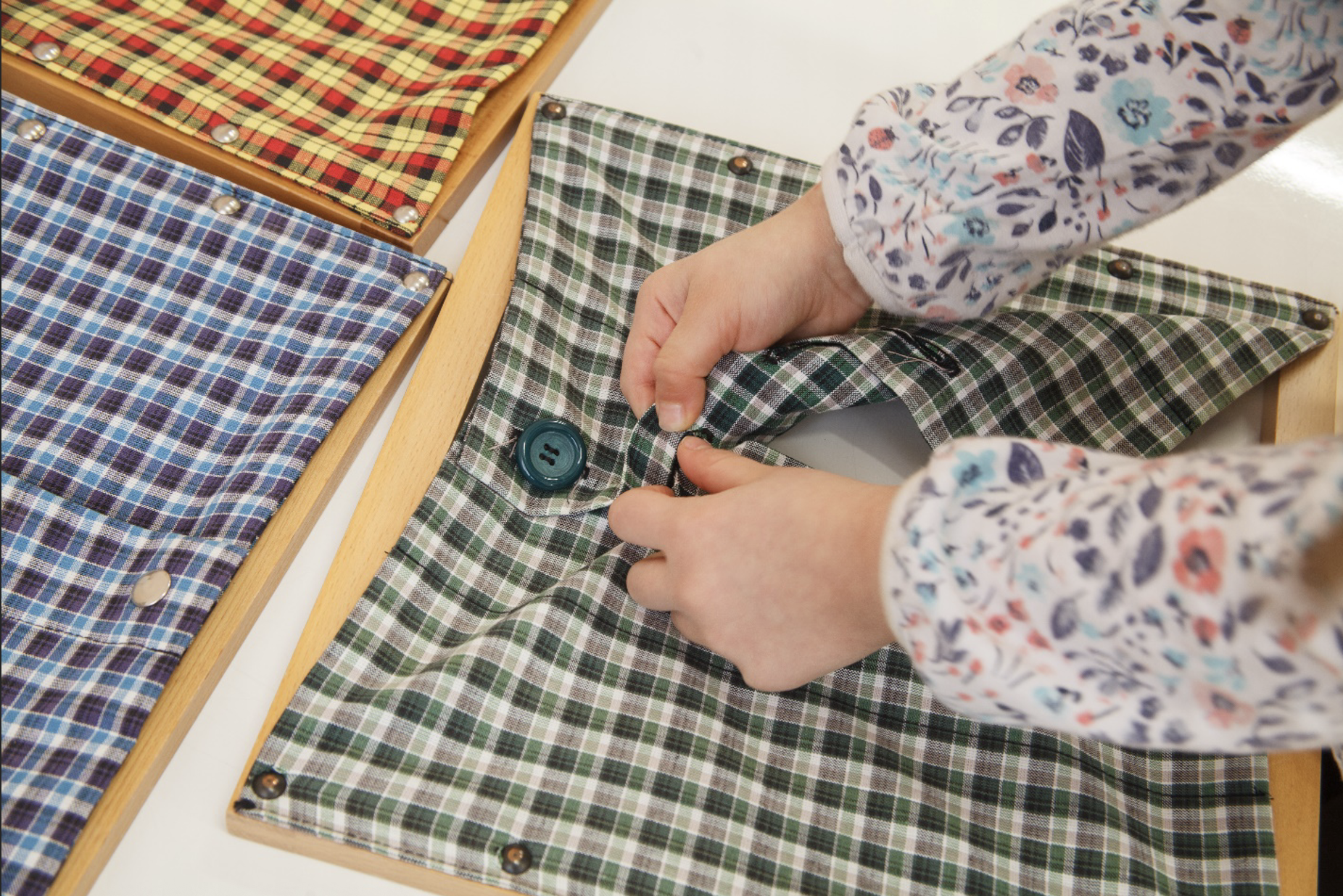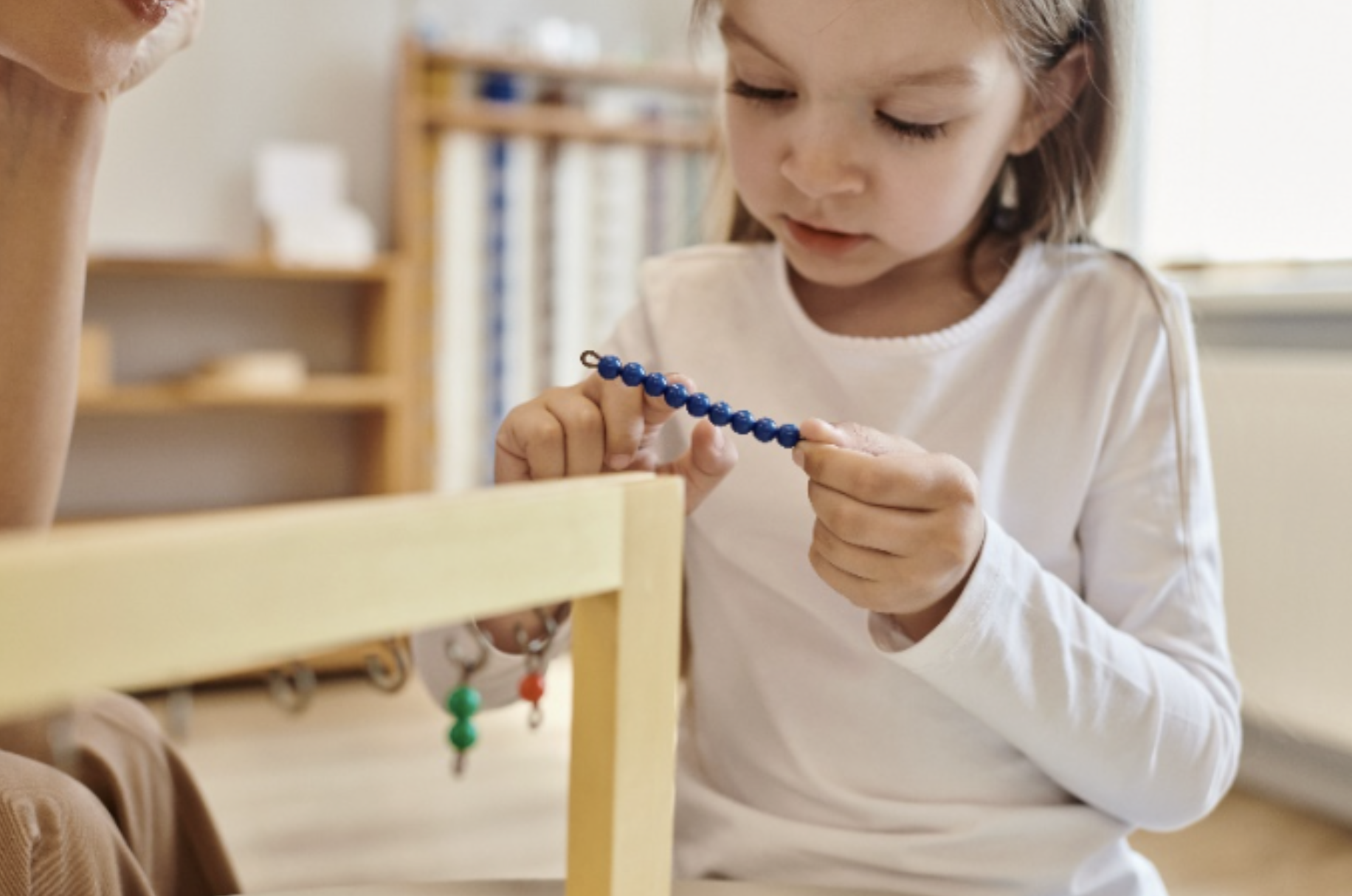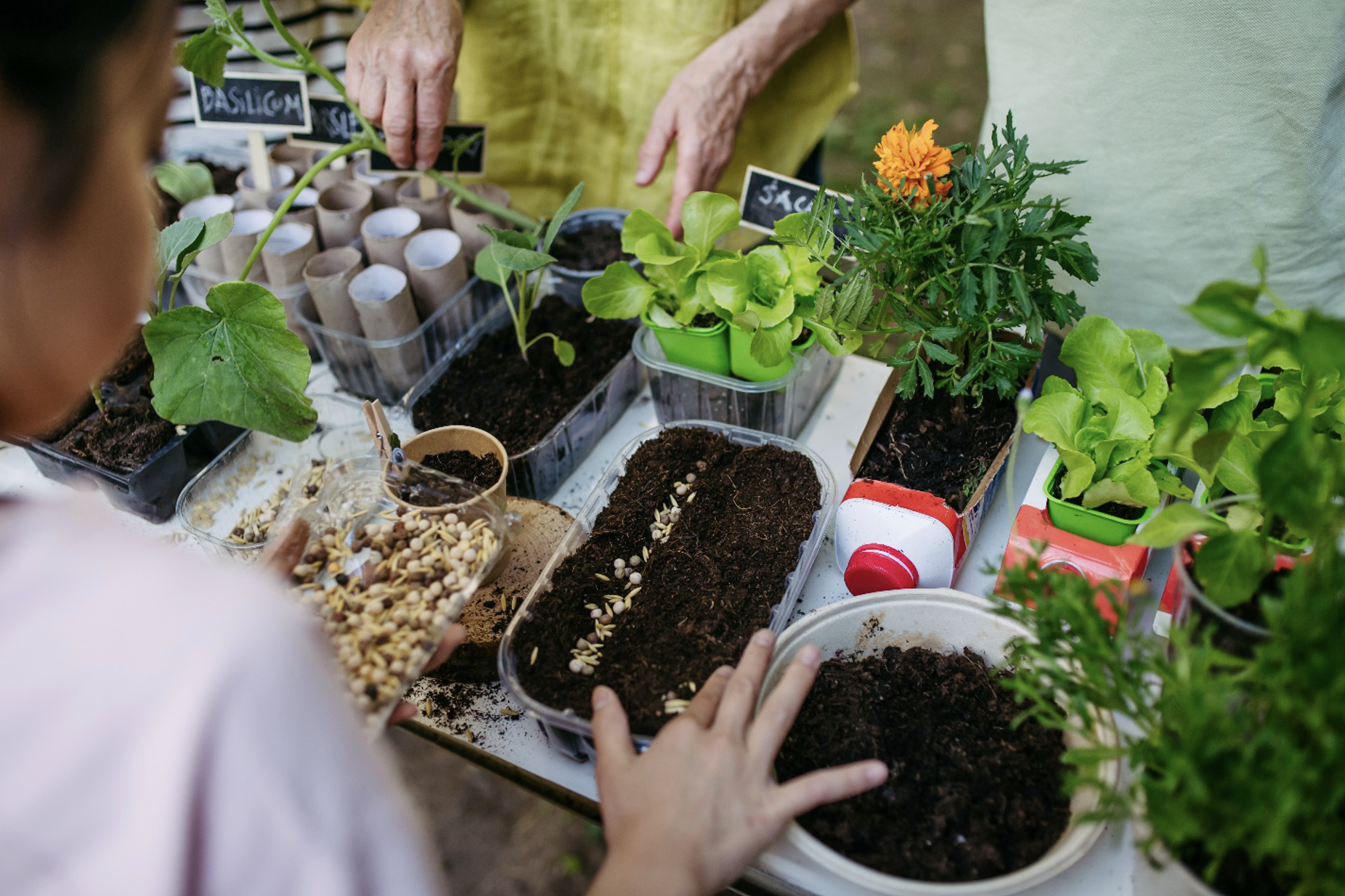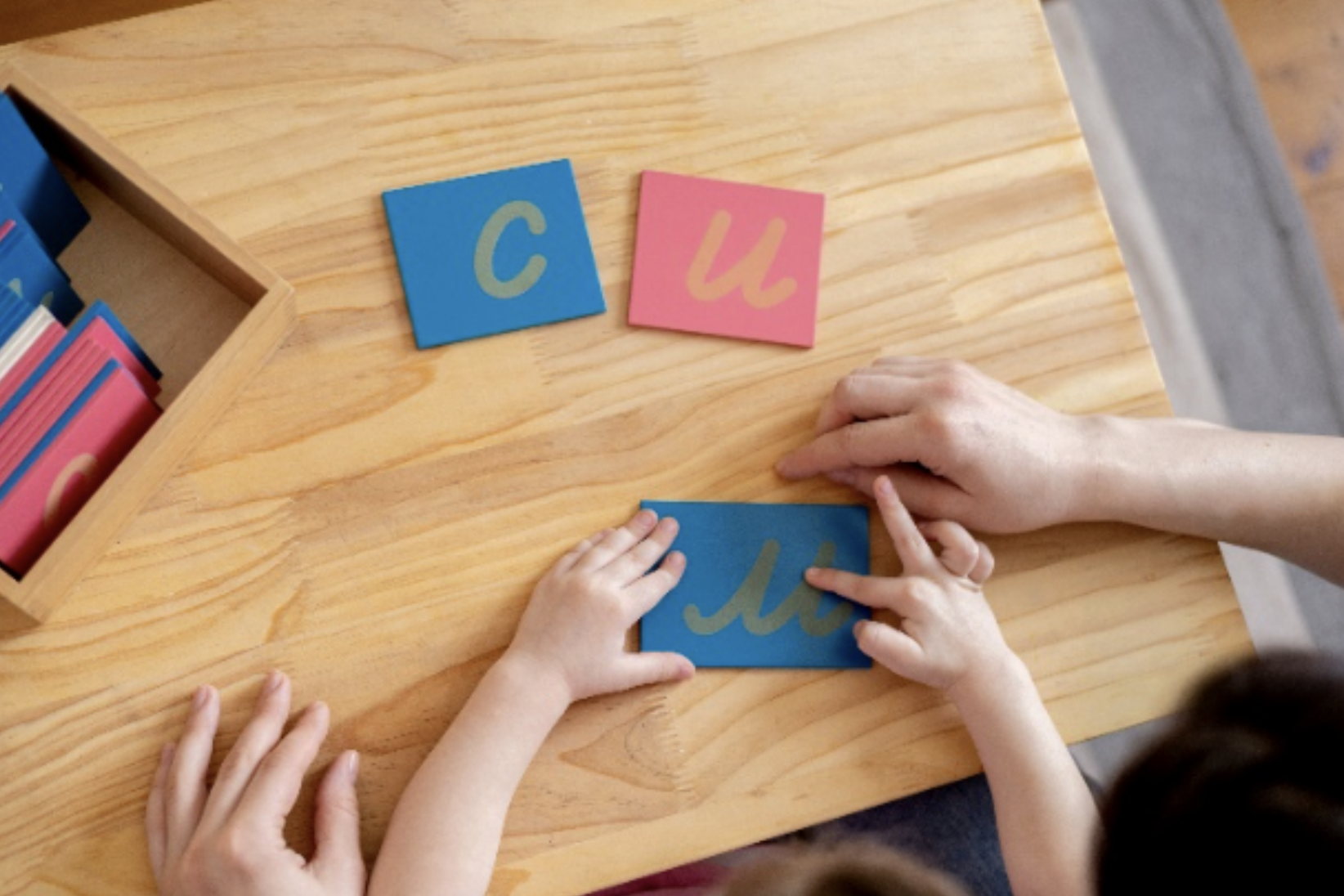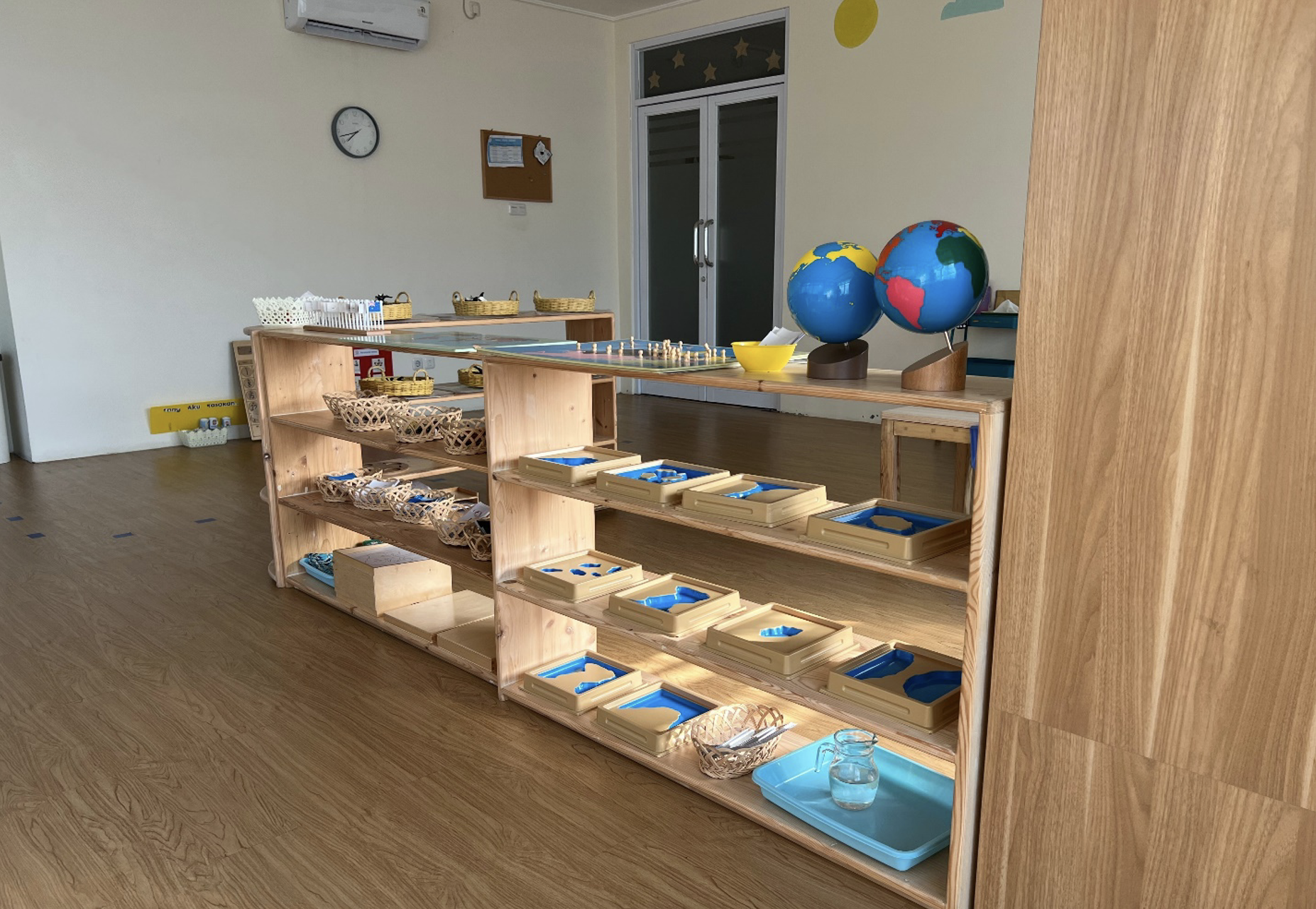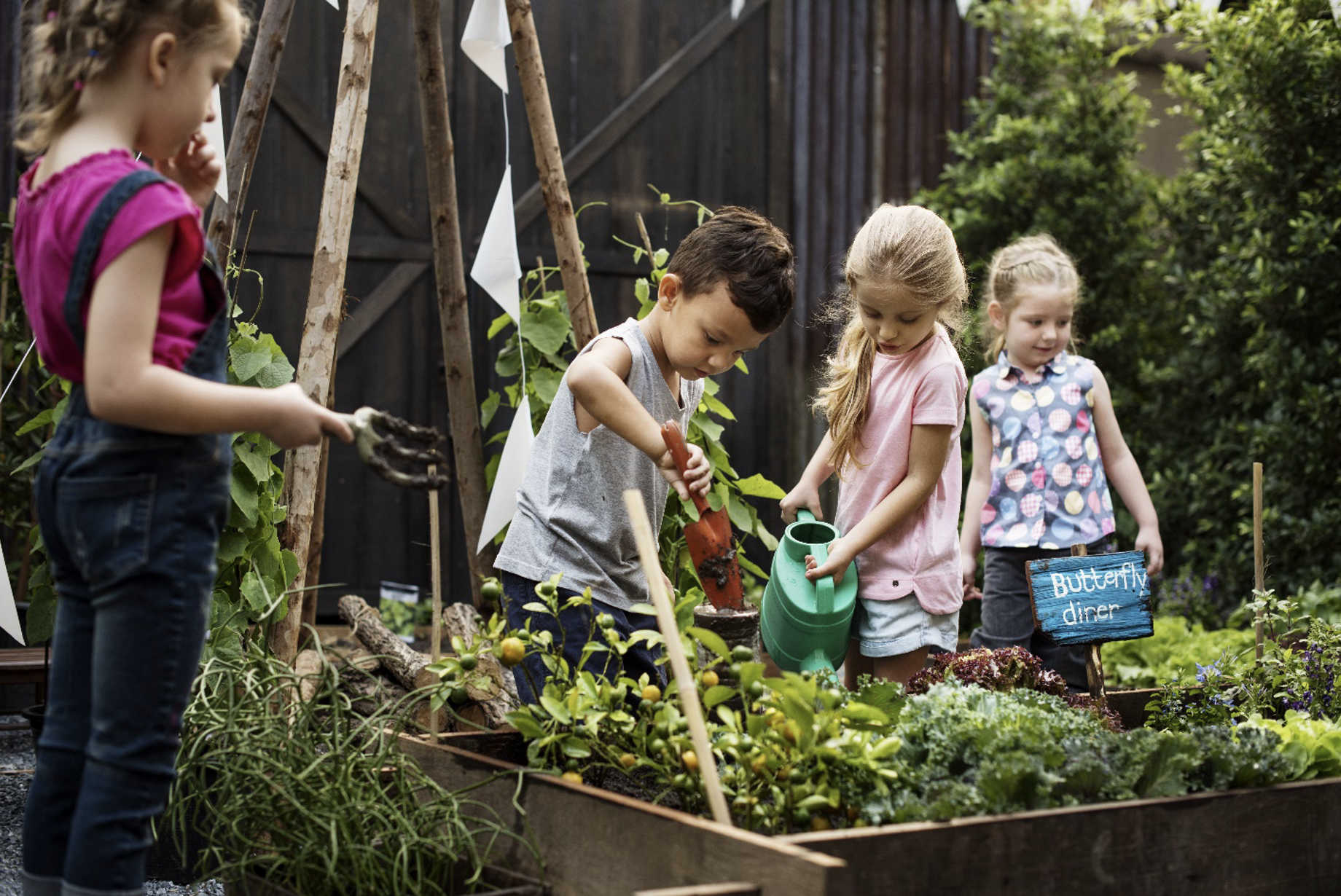
The Children’s Garden
At The Mosaic Field School
A nurturing foundation for ages 3-6 rooted in beauty, order, and nature
Welcome To The Children’s Garden
At The Mosaic Field School, The Children’s Garden provides a nurturing and intentional environment for children aged 3-6 years. Our program supports the holistic development of each child- socially, emotionally, physically, and intellectually- while building a lifelong love of nature and learning.
Quick Facts
School Year
August-May
Program Hours
Half Day- 8:30 a.m.-11:45 a.m.
Full Day- 8:30 a.m.-3:30 p.m.
Tuition

A Calm, Grounded
Start To Lifelong Growth
-
Through “grace and courtesy” lessons, we actively cultivate children’s social skills, emphasizing compassion, respect, and helpfulness. These lessons empower children to become cooperative and comfortable members of their classroom community. By teaching manners and essential personal skills as integral parts of the curriculum and providing daily opportunities for practice, we enhance their social and emotional intelligence, which is vital for their development.
-
Our carefully selected materials and activities are designed to support the development of both fine and gross motor skills, as well as improve coordination. Our natural playground and our activities in the forest and field play a crucial role in enhancing concentration, cognitive skills, decision-making abilities, and problem-solving skills.
-
We foster emotional growth by promoting independence and self-confidence. Engaging in meaningful, self-directed activities allows children to develop a strong sense of competence. As they master new skills and abilities, they gain self-respect. Our environment encourages children to make choices and practice appropriate and effective communication.
-
The Montessori materials in the Children’s Garden are specifically chosen to foster independence, concentration, and academic development, laying a strong foundation for future learning.
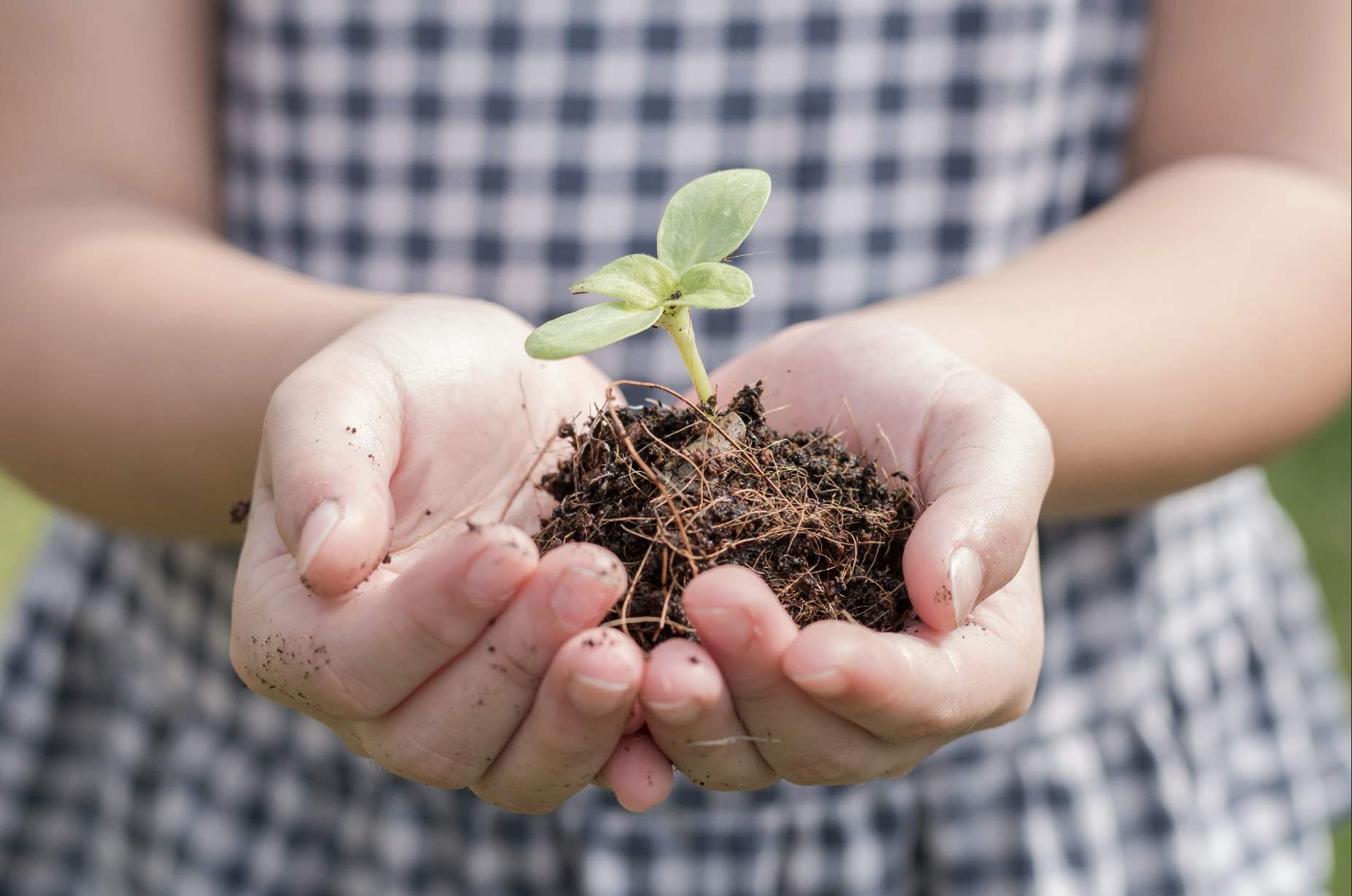
“When implemented fully, Montessori education
fosters not only academic excellence but also
creativity, social skills, & emotional resilience.”
Dr. Angelline Lillard,
Cognitive Scientist & Montessori Researcher
Rooted In Science.
Guided With Care.
In The Children's Garden, we empower young learners with practical skills, a love for discovery, and foundational knowledge, guided by an expert, dedicated Montessori guide.
-
The Children's Garden (ages 2.5-6) is led by a highly-trained guide dedicated to this crucial stage of development. Our Montessori pedagogy is rooted in scientific observation, intentionally designed to nurture each child's unique potential.
This approach cultivates lifelong habits such as:
A love of learning
Creativity & innovation
Out-of-the-box thinking
Our program also prepares children for real-life tasks by developing invaluable practical skills. We focus on building concentration and executive functioning while fostering independence from an early age. Through engaging activities, children indirectly build the foundational skills necessary for future academic knowledge.
The curriculum encompasses several key areas: sensorial education, practical life skills, language, mathematics, and cultural studies. Classroom materials are specifically chosen to promote independence, concentration, and academic development across all these domains.

A Hands-On, Integrated
Montessori Curriculum
Practical Life
-
Our Practical Life activities, also known as Daily Living activities, are thoughtfully designed to refine fine motor coordination and emphasize essential skills. These include self-care, environmental care (both indoors and outdoors), the practice of social etiquette (“grace and courtesy”), and the development of balance and movement control.
Children participate in lessons that involve tasks such as carrying and balancing objects, walking heel-to-toe along a line, and developing patience while sitting. These Practical Life exercises incorporate simple, everyday tasks that contribute to establishing, maintaining, and restoring harmony within our environment, while also nurturing social relationships within the community. Through engaging in Practical Life work, children internalize the beauty of order and sequence, gaining valuable experience as they complete tasks.
The primary goals of this area are to foster independence, concentration, and control of movement, empowering children to cultivate their will, confidence, and sense of responsibility.
Ultimately, Practical Life activities lay a transformative foundation for a lifetime of learning across all areas of the curriculum.
Sensorial
-
The Montessori-designed Sensorial materials play a vital role in helping children develop a deep understanding of the world around them. These materials are specifically designed to isolate individual sensory inputs or experiences, aiding in the education and refinement of the visual, auditory, tactile, gustatory, and olfactory senses. Our guides carefully observe each child and, based on their understanding of developmental stages, introduce these materials during the appropriate “sensitive period.”
These activities indirectly prepare children for future work in language and mathematics, fostering a sense of optimism about the long-term benefits of a Montessori education. As children interact with these materials, their fingers, hands, and arms are prepared for writing, while they explore various groupings, sets, sequences, and geometric patterns through both visual and tactile exploration.
Language
-
The early years are an optimal time for language acquisition, as children in this age range possess what Dr. Maria Montessori called the "absorbent mind." The Children's Garden environment features a significant oral component to expose children to a rich and varied vocabulary, creating a language-rich and stimulating setting. Rhymes, sound games, and vocabulary related to all areas of study, such as geography, botany, and zoology, are introduced early on.
Sound games are integrated as part of a phonetic approach to reading and writing acquisition. Children trace sandpaper letters with their fingertips, associating the tactile sensation with the corresponding phonemes. The guide reads aloud, recites rhymes, and provides daily opportunities for children to share information. This consistent exposure is crucial as these children are in a sensitive period for the development of spoken language.
Children will naturally begin to compose written work using a wooden movable alphabet before they start formal reading instruction. This movable alphabet allows even very young children to "write" words and phrases, encouraging creative writing and writing related to various subject areas. A sequence of activities prepares the children's hands for writing with a pencil, as numerous sensorial and practical life activities help develop their pincer grasp or pencil grip. Specifically, tracing cursive sandpaper letters prepares their hands for the muscular movement and light touch necessary for good handwriting.
In a Montessori program, reading for 4- or 5-year-olds typically follows immersion in writing activities, primarily using movable alphabets. Children, at their own pace and in their own time, spontaneously synthesize the phonemes they have learned and the sight words they have been introduced to, often experiencing the joyful discovery that they can read, often announcing with certainty, "I taught myself to read!"
Math
-
In The Children's Garden, children's understanding of mathematics is cultivated through a variety of sensory materials. They're introduced to fundamental concepts such as length, volume, gradation, sequencing, and grouping through hands-on experiences. This approach aims to foster a genuine love for mathematics rather than a fear of it, seamlessly integrating mathematical concepts into their natural understanding of the world.
Children engage with the numbers zero through ten in various hands-on ways before they begin counting and exploring numbers in the teens and beyond, utilizing bead chains and other specifically-designed materials.
As they progress, children explore the four basic operations of arithmetic—addition, subtraction, multiplication, and division—working with problems that may include up to four digits. They utilize tactile materials such as bead materials, an abacus, and other Montessori tools like number rods, the spindle box, and golden beads to make these abstract concepts concrete.
With outdoor experiences in The Children's Garden, children experience mathematical concepts in nature, observing numbers and patterns in the world around them.
Cultural Studies
-
Our Cultural Studies curriculum is intentionally integrated, encompassing geography, science, art, and music. These learning experiences are further enriched by the diverse backgrounds within our community, where families share a wide array of cultures and interests with one another.
Children broaden their understanding of the world through lessons designed to connect them with the global community. Lessons about the natural world help children develop an appreciation for their role as stewards of the environment. Art and music offer valuable opportunities for children to observe, listen, and create, allowing them to experience the deep joy and beauty of their own expressions.
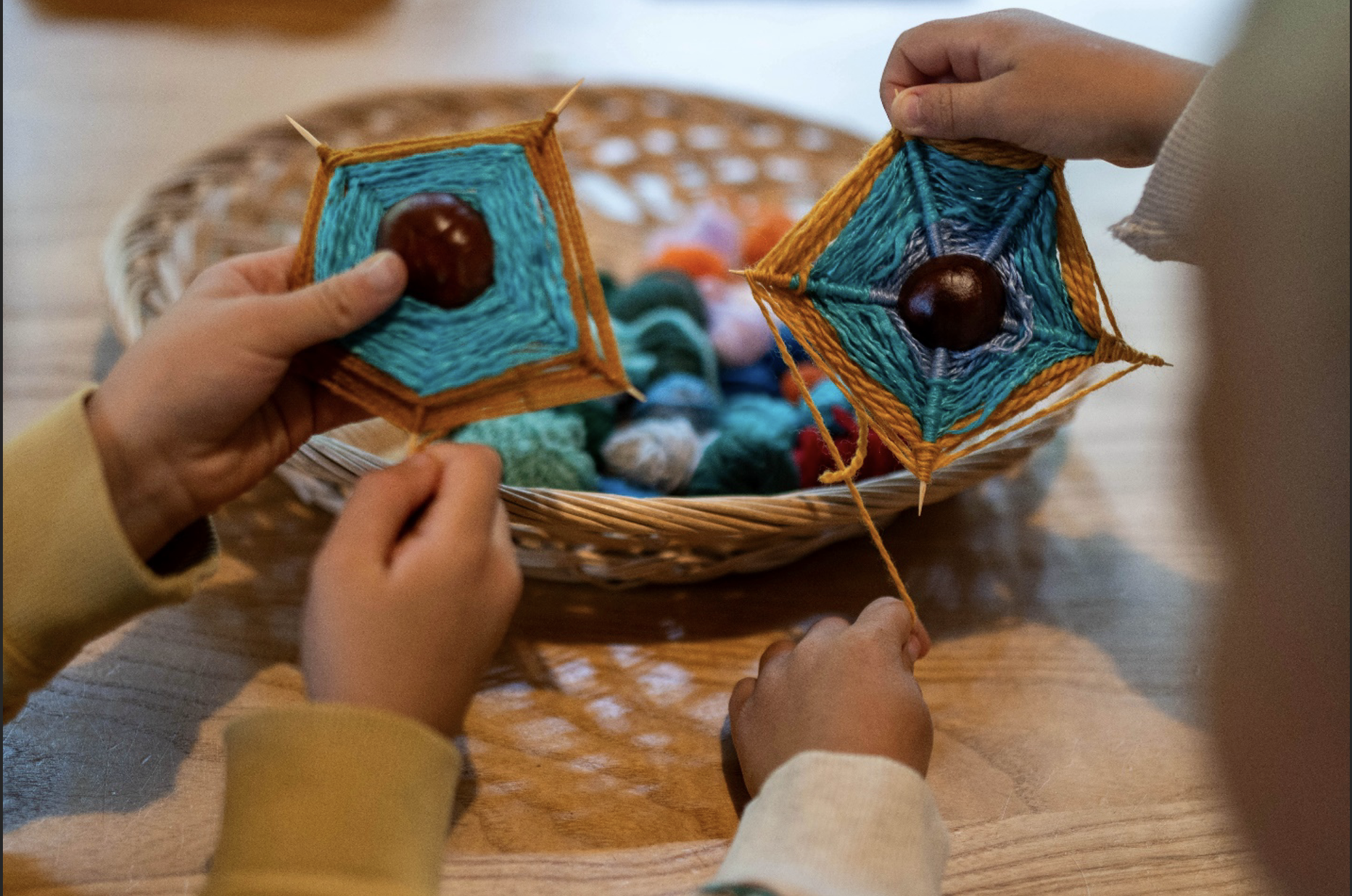
Curious If The Children’s Garden Is Right For Your Child?
We welcome you to visit our space and explore how we nurture confident, joyful learners.
The Next Step: Elementary
As children complete their time in Children's House, their "absorbent mind" gives way to a new stage of inquiry. They develop a burning curiosity and a drive to ask "why?" and "how?" questions.
This pivotal moment is when they are ready for the expansive lessons of Lower Elementary. Our Elementary Program is designed to meet this exact need, nurturing their eagerness to explore the world and laying the foundation for a lifetime of independent learning.






